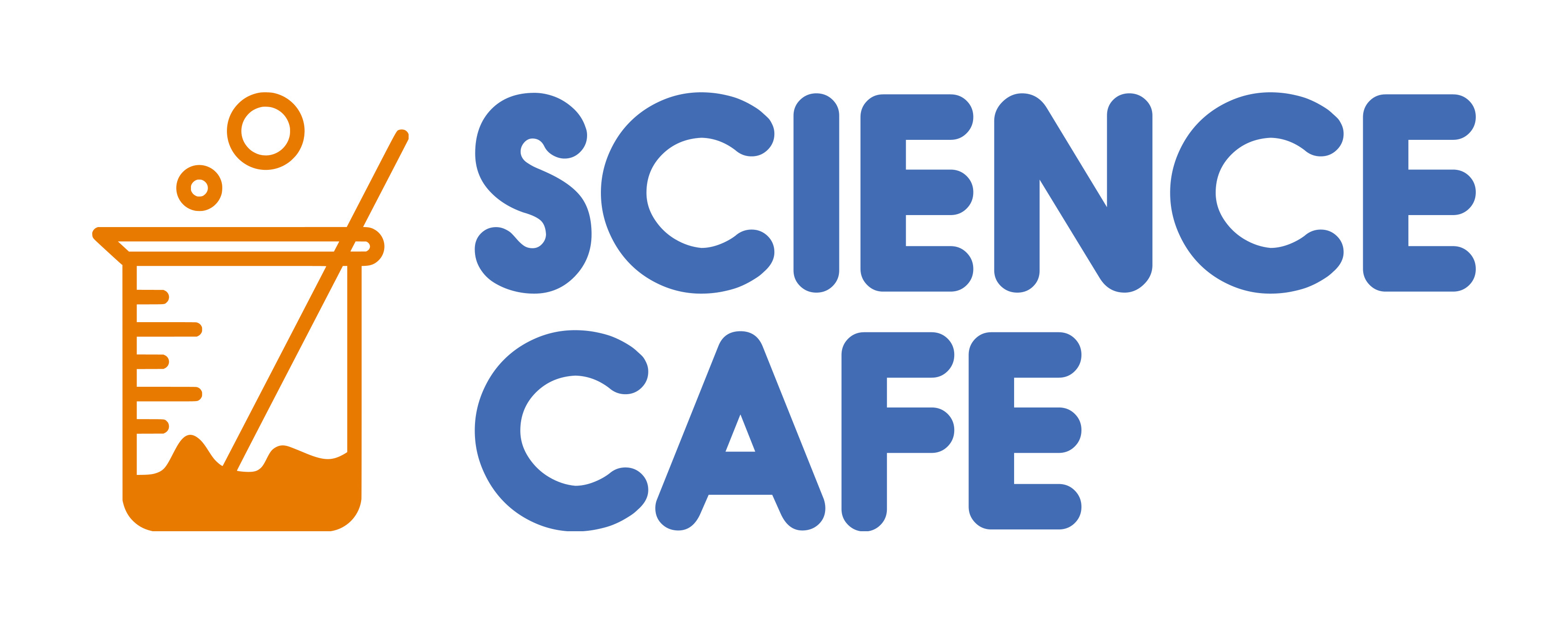Ofqual admits overstating exam assistance
Ofqual admits overstating exam assistance — what that means for fairness, access and exam design
Introduction
Recent news shook the foundations of how we talk about exam fairness: Ofqual, England’s exam regulator, has admitted to significantly overstating the number of students receiving exam adjustments (like extra time) in data published since 2014. The Guardian With the revised figures coming into view, we must ask: what does this correction mean for access, trust and future exam design?
What went wrong (and what we now know)
Ofqual’s error stemmed from double-counting and technical misreporting in its access arrangement statistics. The prior figure — that up to 30% of students had support — is now being withdrawn. Revised data align more closely with Department for Education numbers, which suggest a substantially lower proportion. The Guardian Ofqual insists the issue was in reporting infrastructure, rather than systemic misuse. But the fallout touches on fairness, interpretation and credibility.
Why this matters for students & educators
Policy integrity and trust: Policies and public narratives built around inflated numbers must now be reconsidered. If assumptions about how common support is were wrong, reforms grounded on those assumptions may be misdirected.
Access debates recalibrated: Critics who argued that too many students were getting accommodations will now have to reconsider their positions in light of better data. Likewise, advocates must reframe claims about under‑provision or unmet need in more precise terms.
Designing exams with built-in fairness: If substantial adjustment is rarer than thought, we should shift from “add-ons” to assessments that are inclusive by design — minimizing the need for exceptions in the first place.
Teacher preparation & awareness: Teachers, exam designers and SEN departments must be more transparent about who is eligible, how decisions are made, and ensure supports are used when they genuinely level playing fields, not as afterthought entitlements.
Fresh take: opportunity in correction
Here’s where we can turn a data setback into momentum. Instead of defending old systems, we can lean into this moment as a reset point for equity‑driven assessment redesign. What if adjustments weren’t anomalies, but signals that standard assessment is failing many learners? From now on, every exam should be stress-tested for neurodivergent access, inclusive timing, multimodal options and flexible response formats.
Furthermore, the data correction should prompt new transparency norms, including open dashboards on support usage, stakeholder audits, and regular reviews. Let regional hubs, schools and students see how many supports are requested, approved, and used.
Call to action
If you design exams, coordinate assessments, lead SEN or teach across exam years: ask yourself — when was the last time we reviewed how many students genuinely need support? When did we revalidate our access filters against real outcomes? Use this recalibration to push for more inclusive design, clearer processes and a culture in which support is baked in, not bolted on.
Because fairness isn’t just about measuring need — it’s about embedding flexibility and respect into educational systems. The data error was painful; the opportunity now is to build better.



